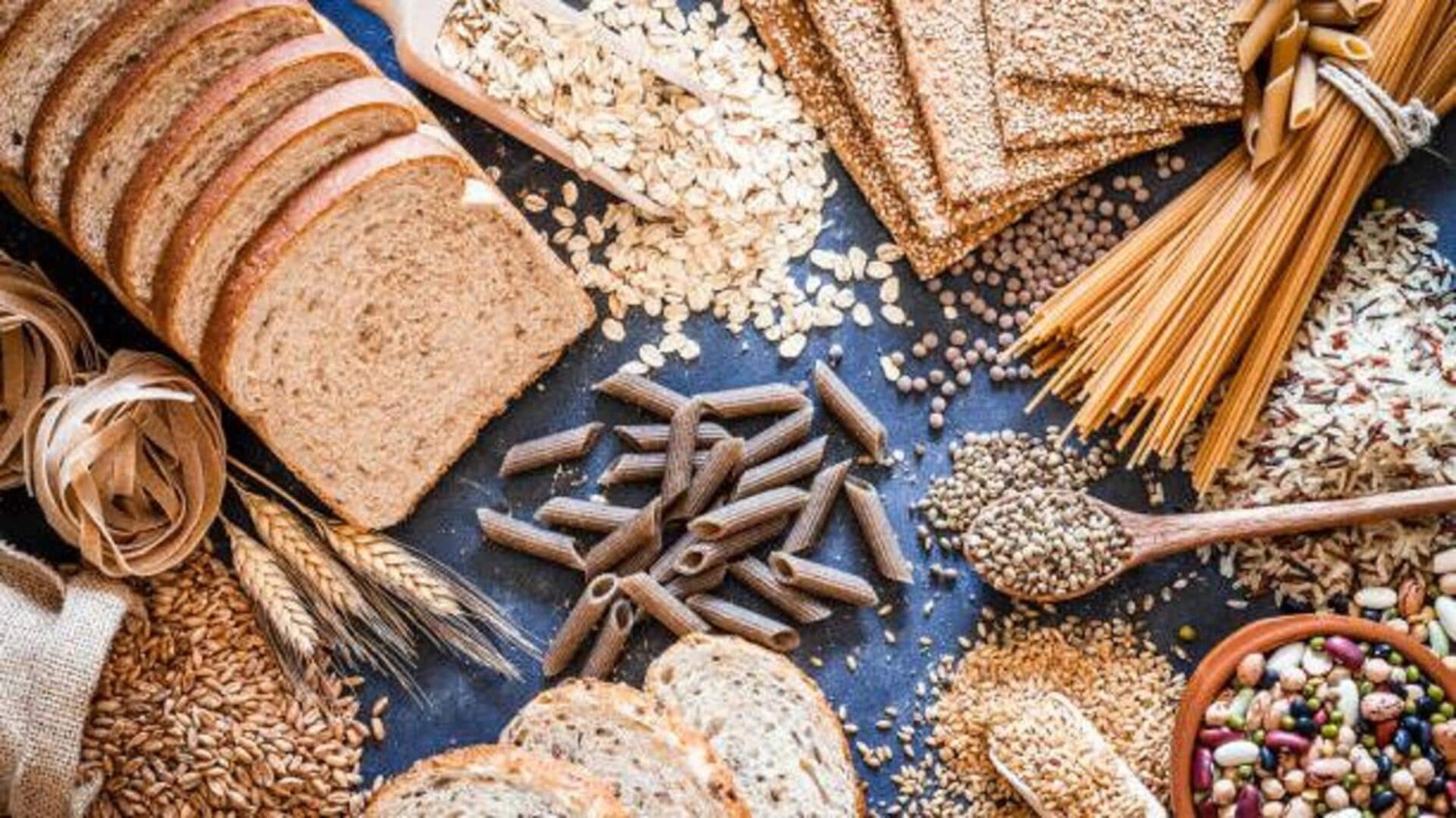Gluten-free diets: Myth v/s facts

**Gluten-Free Diets: Myth vs. Facts**
*By Simran Jeet | Sep 22, 2025, 01:19 pm*
Gluten-free diets have become increasingly popular, with many people believing they are a healthier choice for everyone. However, the truth is that gluten-free diets are not necessarily better or healthier for all individuals. Gluten—a protein found in wheat, barley, and rye—is safe for most people. Understanding the difference between myths and facts about gluten can help you make informed dietary choices and avoid common misconceptions.
### 1. Gluten Sensitivity vs. Celiac Disease
A common confusion is between gluten sensitivity and celiac disease. Celiac disease is an autoimmune disorder where ingestion of gluten damages the small intestine. In contrast, gluten sensitivity does not cause visible damage to the intestine. While some people with gluten sensitivity may feel better by avoiding gluten, it doesn’t mean that everyone needs to adopt a gluten-free diet. Only individuals diagnosed with celiac disease or confirmed gluten sensitivity need to avoid gluten strictly.
### 2. Nutritional Value of Whole Grains
Whole grains containing gluten also provide essential nutrients such as fiber, iron, and B vitamins. These nutrients are crucial for maintaining good health and supporting various bodily functions. A gluten-free diet, if not carefully planned, can lead to nutrient deficiencies because many gluten-free products lack these vital nutrients. It is important to ensure that any dietary changes continue to meet your nutritional needs.
### 3. Cost Implications of Gluten-Free Products
Gluten-free products often come with a higher price tag compared to their regular counterparts. This is due to the specialized processing and ingredients required. Over time, the cost difference can add up, especially if someone switches entirely to gluten-free products without considering more affordable alternatives. Incorporating naturally gluten-free foods such as fruits, vegetables, and legumes, or preparing meals at home, can be a cost-effective approach.
### 4. Potential Increase in Processed Foods
Following a strict gluten-free diet might lead some individuals to consume more processed gluten-free products, which are marketed as “safe” but may contain high amounts of sugars or unhealthy fats. These substitutes may not offer the same balanced nutrition as whole grains, which when consumed moderately, provide important nutrients as part of a healthy diet.
—
**Bottom Line:** For most people, gluten is not harmful, and whole grains can be a valuable part of a balanced diet. Only those with diagnosed gluten-related disorders need to avoid gluten. If you consider a gluten-free diet, plan carefully to maintain nutritional balance and be mindful of cost and food quality.
https://www.newsbytesapp.com/news/lifestyle/gluten-free-diets-myth-v-s-facts/story







